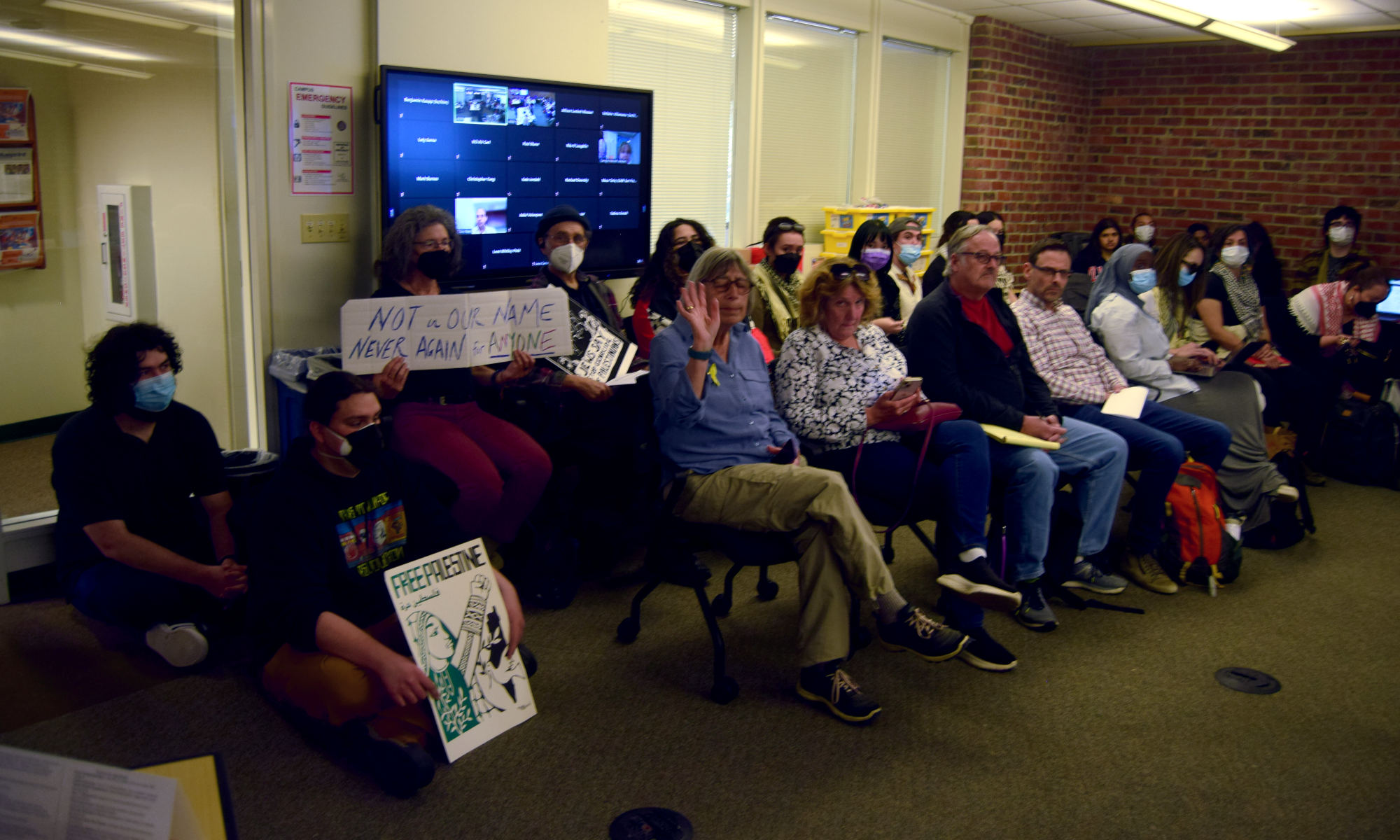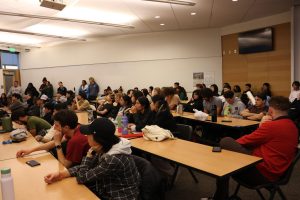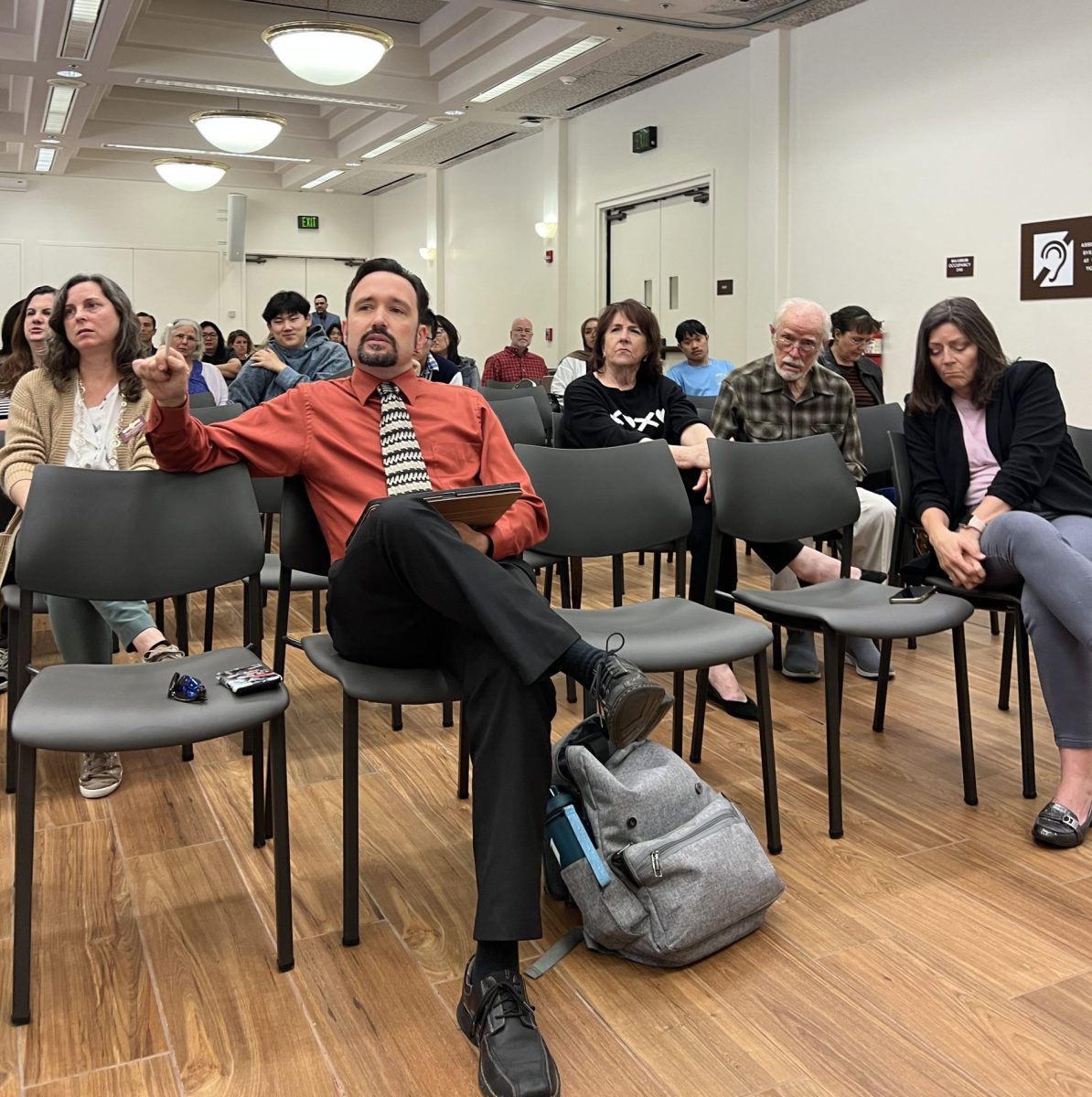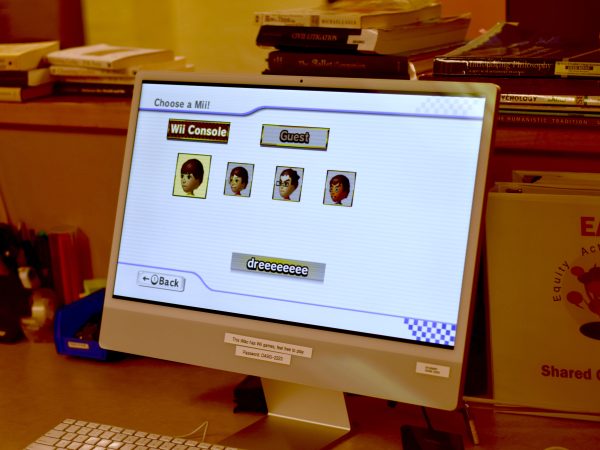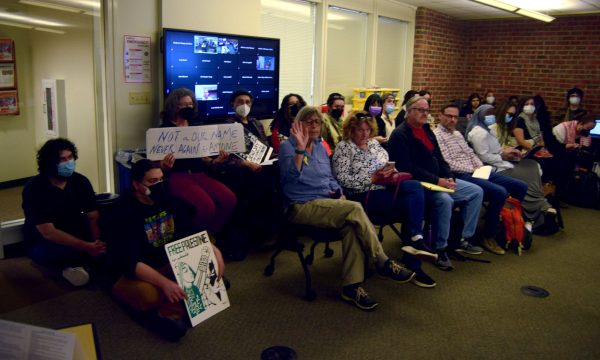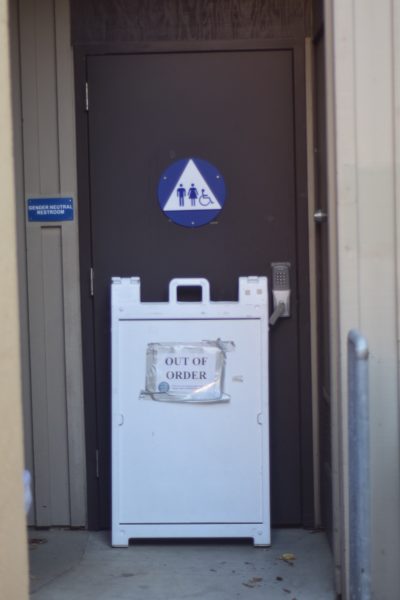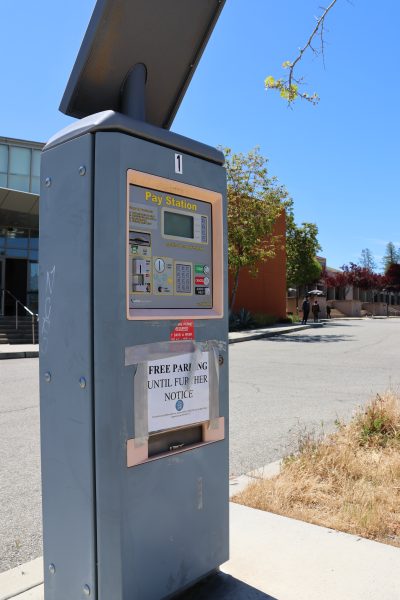Transferring: Negotiating credits with your counselors
May 11, 2015
This not a typical story of transferring to a four-year university. Imagine graduating from De Anza and finding yourself with nontransferable credits, even if you used assist.org, which told you your classes are fine.
Elmer Rodriguez, 23, an international studies and sociology major, and alumni of De Anza’s graduating class of 2012, identified with this situation first hand.
“I felt lost when San Diego State University’s transfer counselors said they wouldn’t take my globalization classes,” Rodriquez said. “My counselor noticed my anger…I slammed her door so hard it almost broke her window.”
For the majority of transfer credit agreements, Assist.org does work. However, there are exceptions. If you’re like Rodriguez, you might wonder how to get your credit to count towards your degree. He went to his academic department, a place where his credits came back to life.
“I went to my major advisor, she pulled out my student contract, took some of my non-transferable credits – which were major related – and placed them as credit towards my degree,” Rodriguez said.
For Rodriguez it was a matter of saving 16 units and graduating with his peers. Rodriguez has since graduated from San Diego State University and now attends the University of Southern California.
 Photo Credit: Aitalina Indeeva
Photo Credit: Aitalina Indeeva
Rodriguez is one of many examples in which inter-departmental negotiations can help save time and money. Yet the obvious question remains unanswered, as Anthony Nguyen, 19, computer science, mentions.
“Are departments really paying attention to classes that are supposed to transfer,” Nguyen said. “If they are, why are administrators taking so long to reach agreements?”
A non-traditional De Anza alumna, Samantha Robinson, biology 2013, had taken classes at De Anza for a number of years which resulted in her own unique situation. Her story revolves around unit caps and her grade point average.
“I had been going to school for so long that my focus and grades started to suffer, so I took a break,” Robinson said.
When Robinson returned to pursue her degree, she had two quarters worth of credits over the cap, which ruined her chances of getting into her dream school, U.C. Davis. “I can recall that I was above maximum credits for transfer and my GPA wasn’t cutting it,” she said.
Robinson’s education was saved by her own research. “I was reading California Title 5 Education Law…the answer hit me between 2 a.m. and 3 a.m. while I was at Donut Wheel.” Robinson found out that she was able to petition D.A. for academic renewal.
“Academic renewal is a policy permitting students to request the exclusion of entire quarters of course work from the De Anza GPA up to a maximum of 45 units of three uninterrupted sequential quarters plus a summer session. The quarters to be excluded must include grades of D, F, and/or NP,” according to De Anza’s policy on academic renewal.
Robinson recalls that she was able to eliminate two quarters at De Anza for her GPA to meet a 3.4 average. “I had to negotiate what was going to work…I could keep 4-As, 2-Bs and the Ds which stained my B+ average, or I could wipe out my last 2 quarters and gain entrance to Davis,” she said.
For Robinson, the choice was a no brainer; she applied for academic renewal. She has since graduated from UC Davis and works for a private pharmaceutical company.
With inter-department overrides and academic renewal, a student can save time and resources. These two policies should be considered when negotiations-needs arise.





